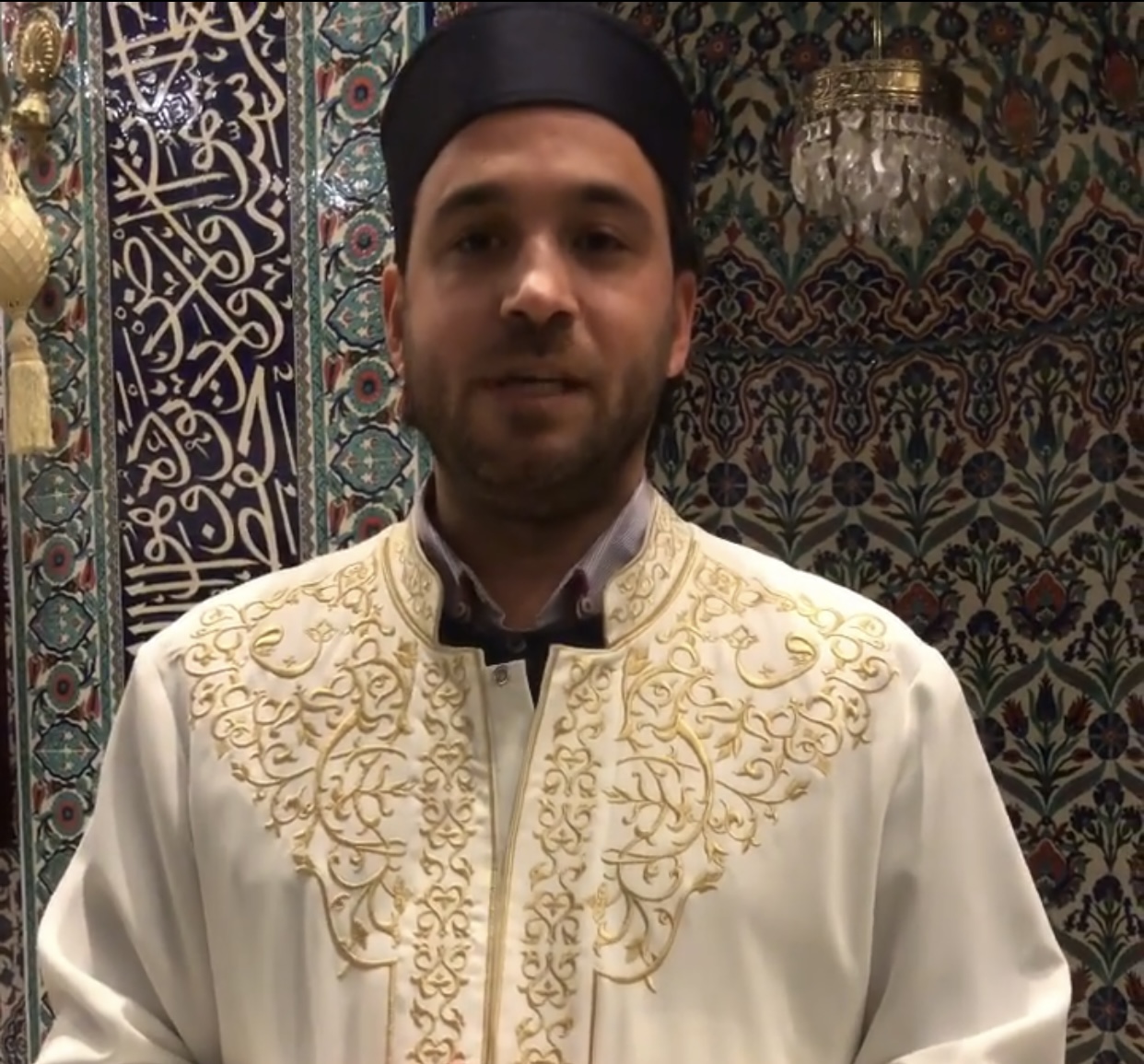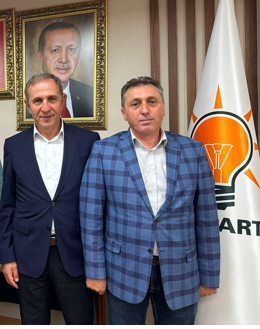Levent Kenez/Stockholm
Turkish President Recep Tayyip Erdogan’s ruling party carries out its activities abroad through an association called the Union of International Democrats (UID). Ongoing internal disagreements within the UID leadership prompted a change in management and the expulsion of some members, highlighting conflicting preferences with Ankara. The UID’s current president is also opposed by Erdogan. The members who were purged hold the vice president and deputies in charge of international affairs responsible for their dismissal.
At the general assembly scheduled for January 20, Köksal Kuş, who assumed the presidency in 2021, will hand over the position to Kenan Aslan, a 41-year-old residing in the Netherlands. Aslan is the sole candidate for president in the general assembly. He met with Erdogan in Ankara on November 28, receiving instructions regarding the composition of the new board.

The upcoming period suggests that the UID will be transformed into a structure where individuals from the Islamist National View Foundation (IGMG, or Die Islamische Gemeinschaft Millî Görüş) will have a more significant impact. Aslan, who is currently one of the local administrators of National View in the Netherlands, seems to be a key figure in this transformation. The IGMG has a more Islamist and conservative structure than Erdogan’s Justice and Development Party (AKP).
National View has traditionally been close to the political stance of Turkey’s first Islamist prime minister, the late Necmettin Erbakan, and his successors. Erdogan, a former member of Milli Görüs, said he took off his National View hat and would pursue a more liberal policy, distancing himself from his former colleagues in 2001 to establish his own party. However, after Erdogan’s consolidation of power, defeating the military tutelage and reintroducing his former Islamist agenda, the supporters of Milli Görüş began to vote for Erdogan to a large extent. Erdogan attaches great importance to the group whether at home or abroad since each and every vote is important.
It’s worth noting that the UID was initially established in Cologne in 2004 as the Union of Turkish European Democrats (UETD) and was rebranded the UID in 2018 during a convention in Sarajevo where President Erdogan was the keynote speaker, signaling the group’s aspirations to extend its operations beyond Europe. As a former board member of the UID, Aslan played an active role in the transition from the UETD to the UID, and he, along with his brother Mustafa, has been actively involved in this process.

According to information gathered from sources within the UID by Nordic Monitor, Kuş has been the subject of criticism in Ankara for some time due to his weak leadership.
Kuş, who hasn’t actively used his X account since it became certain that he would be dismissed, shared the message, “A person without character is worth little,” on January 3.
He also liked a tweet stating, “Unfortunately, the AKP has become a party that works for the interests of those who are distant from the people. They have left the people in misery; we regret voting for them. It’s a shame that the AKP has now become the party of a certain class and the wealthy, no longer representing the poor.”
Kuş, now 63, at the age of 17 moved to Germany, where he became involved with the Grey Wolves, a violent Turkish nationalist group. In the 1990s he served in various capacities with the Almanya Ülkücü Türk Dernekler Federasyonu, the German branch of Turkey’s far-right Nationalist Movement Party (MHP). He held the position of vice president of the UID from 2013 to 2016 and continued as a member of the executive committee until January 2021. Kuş’s ultranationalist roots were a source of distress for those with National View origins within the UID. Additionally, his close relationship with Metin Külünk, a childhood friend of Erdogan responsible for extreme Islamist and racist Turkish groups in Germany, was noteworthy. Külünk is currently unable to enter Germany due to ongoing investigations and concerns about his possible arrest.

One of the most vocal critics of the changes in the UID is Adem Taflan, who serves as an advisor to Kuş and takes part in the UID’s educational seminars. He expressed dissatisfaction in a tweet, avoiding highlighting a disagreement with President Erdogan. Taflan criticized Erdogan’s inner circle, stating that they should consult with the relevant parties rather than appointing someone active in another NGO — the IGMG — to lead the UID, which is considered the president’s favorite. Taflan questioned the choice of the two brothers, Kenan and Mustafa, emphasizing that there are more suitable candidates in the UID with its 30,000 volunteers. Taflan is keeping his silence on the matter for the time being, possibly due to his expectations for candidacy in the local elections in Turkey on March 31.

According to Nordic Monitor’s findings, changes in responsibilities within the UID were also influenced by a party troll. Resident of Germany Tuğrul Selmanoglu, who developed a negative reputation in Turkey for deliberately spreading misinformation to create the distorted picture that Turkey is in a better economic situation than Germany, supports Aslan. Taflan criticized the reaction to a photo of Selmanoglu, also a member of the UID, with Aslan, expressing unhappiness with the apparent lack of acknowledgment of any issues.
Deputy chairman of the AKP responsible for international affairs and former UID chairman Zafer Sırakaya and Oğuz Üçüncü, former executive of the National View who became a member of parliament in May, have played influential roles in the changes of responsibilities within the UID.












